NIH
-

Immune cell activity and melanoma
The activity of a certain factor in immune cells is essential for an anti-tumor response, emphasizing the need to consider the effects of anti-cancer therapies on immune cells. Read MoreNov 6, 2014
-

Potential therapy for postpartum breast cancer investigated
Nearly 25 percent of all breast cancers among premenopausal women occur within two to five years following a pregnancy. Read MoreOct 30, 2014
-
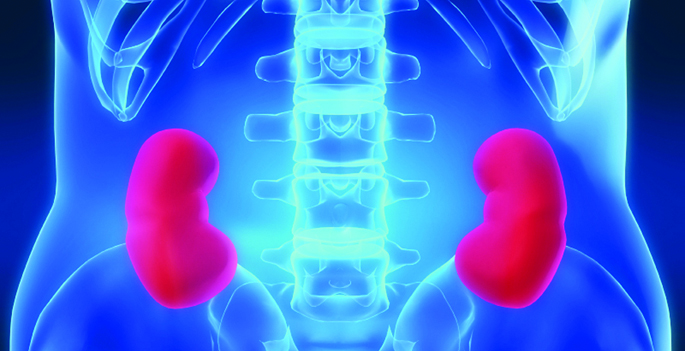
NIH grant spurs diabetic nephropathy research
Diabetic nephropathy, or kidney disease caused by diabetes, is a major source of morbidity and mortality. In the United States, more than 30 percent of patients receiving either dialytic therapy or renal transplantation have end stage renal disease as a result of diabetic nephropathy. Read MoreOct 30, 2014
-
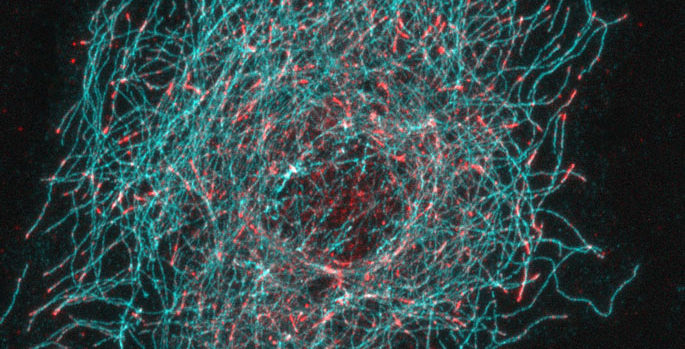
VU study reveals factor’s new role in cell division, migration
Vanderbilt University investigators have discovered a new molecular mechanism that regulates microtubule dynamics. The unexpected finding, reported in Developmental Cell, has implications for cancer drug discovery. Read MoreOct 30, 2014
-
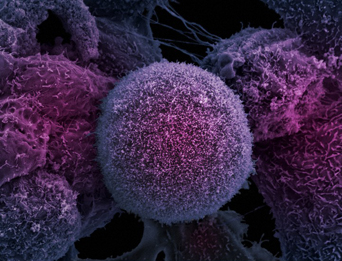
Key to prostate cancer resistance
A combination of two types of therapy may be more effective in treating castration-resistant prostate cancer. Read MoreOct 29, 2014
-

Improving breast cancer chemo by testing tumors in a dish
A team of biomedical engineers has developed a new "tumor-in-a-dish" technology that promises to improve the effectiveness of chemotherapy. Read MoreOct 28, 2014
-

Peptide quells “genomic storm”
A cell-penetrating peptide developed at Vanderbilt blocks the signaling pathways that lead to lethal shock caused by bacterial infection. Read MoreOct 28, 2014
-

Immune cells’ role in hypertension
Vanderbilt researchers have discovered that certain immune cells contribute to the development of hypertension, suggesting novel targets for treating the disease. Read MoreOct 24, 2014
-
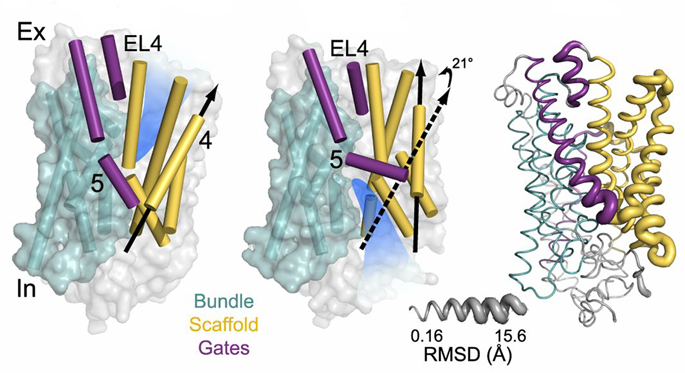
New view of transporter dynamics
New insights to the workings of a protein that moves neurotransmitters across the nerve cell membrane could aid the design of more effective antidepressants. Read MoreOct 23, 2014
-

Staph ‘gangs’ share nutrients during infection: study
Antibiotic-resistant bacteria can share resources to cause chronic infections, Vanderbilt investigators have discovered. The findings shed light on a long-standing question in infectious diseases and may inform new treatment strategies. Read MoreOct 16, 2014
-

Antibiotics, fetal vessel defect linked
Certain antibiotics increase the risk of a congenital heart disorder called patency of the ductus arteriosis. Read MoreOct 15, 2014
-
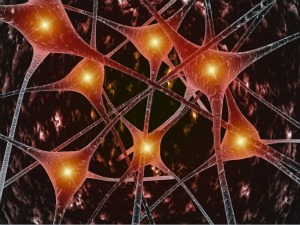
Neuronal culprit in genetic disease
A particular neuronal cell population is involved in the pathogenesis of a rare neurological disorder, Vanderbilt researchers have discovered. Read MoreOct 14, 2014
-

Neuert receives New Innovator Award from NIH
Vanderbilt University biophysicist Gregor Neuert, Ph.D., M.Eng., is among 50 recipients of the 2014 National Institutes of Health (NIH) Director’s New Innovator Award. Each award provides up to $1.5 million in direct research support over five years. Read MoreOct 9, 2014
-

Campaign seeks to bolster biosafety practices
Recent lapses in the handling of highly toxic and pathogenic materials at several federal laboratories have prompted the National Institutes of Health (NIH) to announce a new biosafety stewardship initiative. Read MoreOct 2, 2014
-

Biomarker for diabetic eye disease
A person’s mitochondrial gene “signature” could predict risk for diabetic retinopathy and guide early intervention strategies. Read MoreSep 26, 2014
-
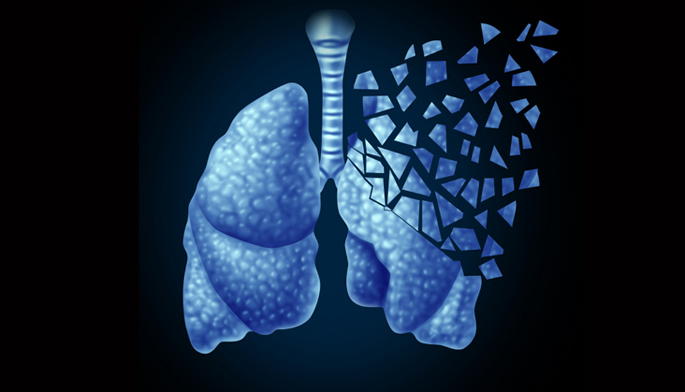
A path to sarcoidosis treatment
Vanderbilt investigators identify a new therapeutic target for the inflammatory lung disease sarcoidosis. Read MoreSep 25, 2014
-

Dioxin, fathers and preterm birth
Exposure of male mice to the pollutant dioxin causes preterm birth across multiple generations, suggesting that efforts to prevent preterm birth should include pre-conception interventions for dads. Read MoreSep 18, 2014
-
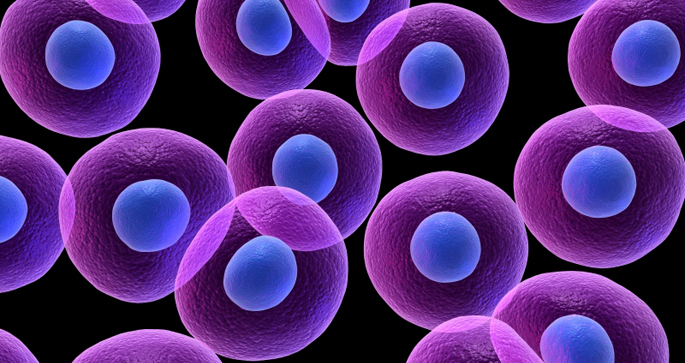
Patient-derived stem cells shed light on pulmonary hypertension
Stem cells derived from patients with pulmonary arterial hypertension provide a unique resource for studying the molecular defects that cause the disease and testing potential therapies. Read MoreSep 16, 2014
-

Schizophrenia ‘switches’ discovered
Drugs developed at Vanderbilt could provide a new way to treat schizophrenia in a personalized way. Read MoreSep 12, 2014
-

Bone healing therapy for NF1 fractures
A combination treatment delivered to the site of fractures may improve bone healing in patients with the genetic disease neurofibromatosis type-1. Read MoreSep 11, 2014